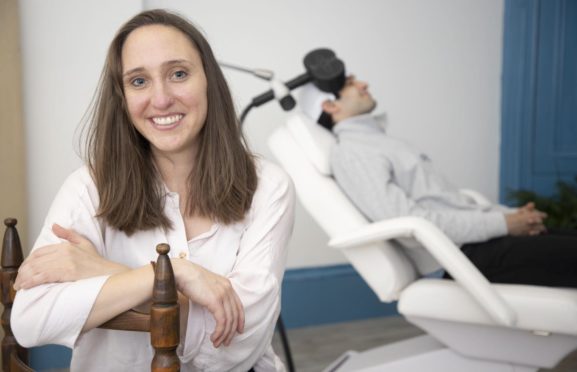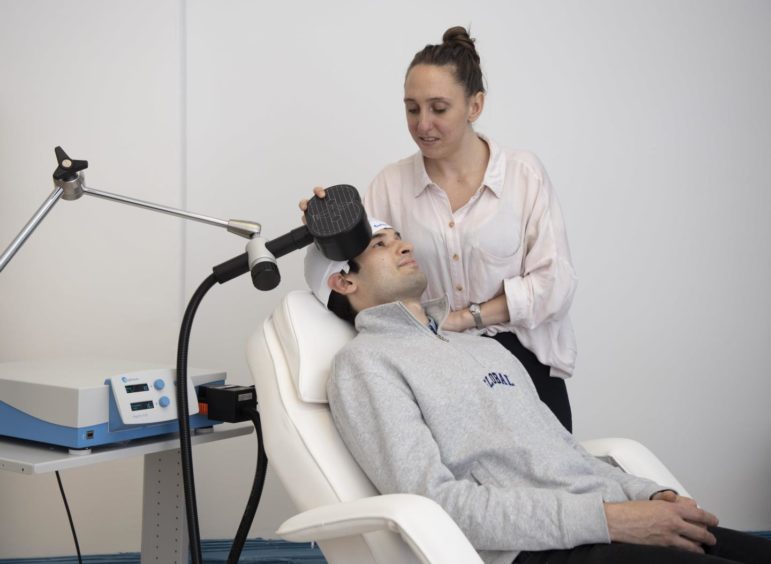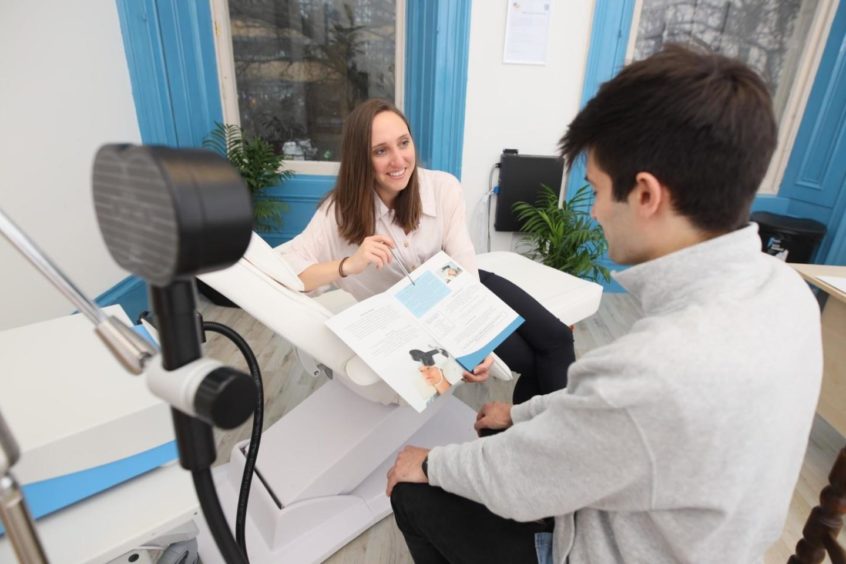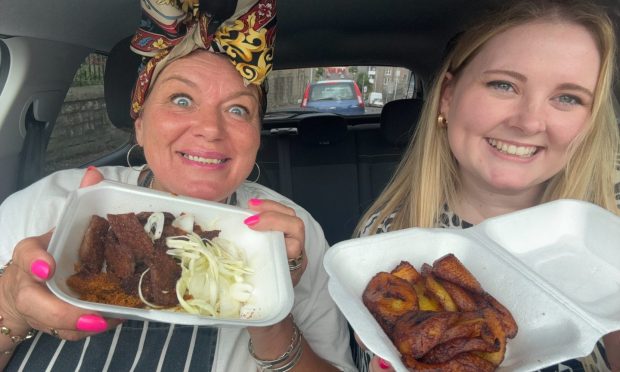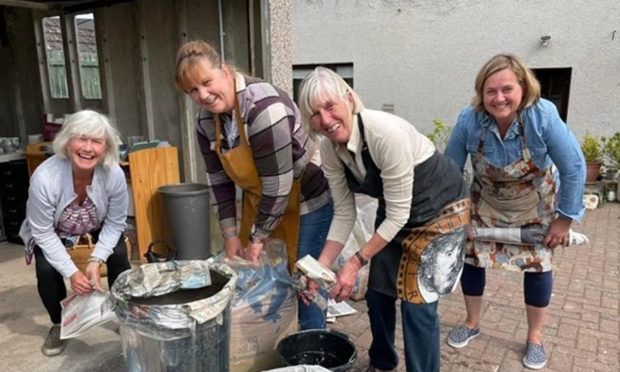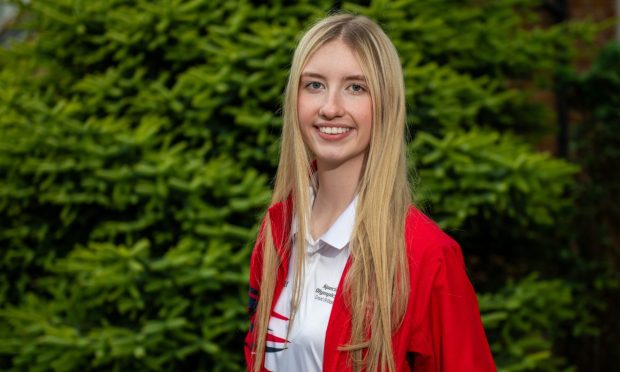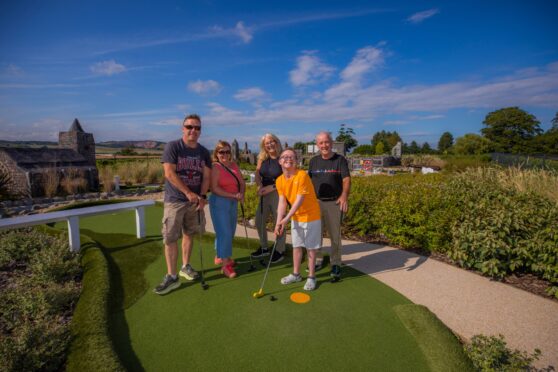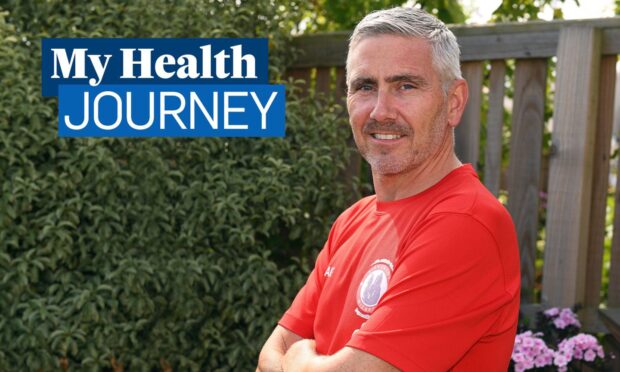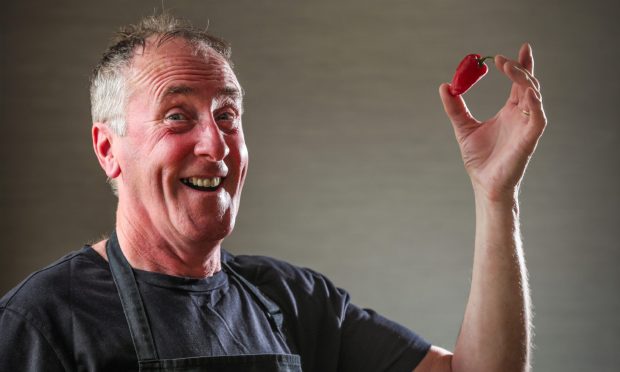“A positive state of mental health is key to us living the life we want” states Moving Minds’ website – yet anxiety and depression are holding one in 10 of us back in Scotland.
For some, the Covid pandemic and subsequent lockdowns had a negative effect on our mental health, for others, it has been a battle for years. However, help is at hand for anyone who is experiencing depression and anxiety thanks to a revolutionary new drug-free treatment, called Repetitive Transcranial Magnetic Stimulation (rTMS), which simply stimulates brain cells to boost their function.
Breakthrough treatment helping cure depression
One of the first clinics in Scotland to offer this breakthrough treatment in the field of mental health is Moving Minds in Glasgow. Since the private clinic launched in November 2020, and began delivering this new approach to mental health support, it has reported clients feeling significantly better after treatment – even those who have not found success with medication or other therapies.
Now Isabel Leming, who runs the clinic with consultant psychiatrist Dr Krishna Rohatgi, is reaching out to Scots who have suffered depression for years or have recently began struggling with their mental health – as they too could turn their lives around with rTMS.
Iain Cochrane from Ayrshire was one of these people…
A patient’s story: the turning point after years on antidepressants
Iain suffered depression for years and took antidepressants, but he reached an all-time low when the pandemic hit and he lost his job. After reading about this revolutionary new treatment, he contacted Moving Minds in Glasgow and today admits he is now “excited to be alive”.
Iain said: “It’s hard to explain the level of hopelessness you feel when you’ve felt depressed for as long as you can remember, you’ve seen so many doctors, had all kinds of medication, cannot maintain a job because of the way your brain feels and you’ve tried to take your own life on more than one occasion because it feels like there’s no better choice.
“To go from that feeling – which is where I was in the autumn of 2020 after being made redundant due to Covid – and now feeling like the most optimistic, content, happy and ‘excited to be alive’ person….well, it’s almost unbelievable that this could happen to me.”
The science behind the treatment for depression in Scotland
Isabel explained the science behind this revolutionary magnetic brain treatment that is helping cure depression in Scotland and changing the lives of people with anxiety and other mental health issues: “It is non-invasive form of brain stimulation. It uses magnetic pulses to moderate and change activity levels in the brain. The mood network in the brain is underactive in people with depression so it does not function in the same way as people without depression. During an rTMS session, we build up activity in that area of the brain.
“For those with anxiety, it’s their brain’s ‘emotion centre’ that is not functioning the same, it is overactive, so rTMS therapy adjusts the levels to reduce anxiety.”
Isabel, who is training in other alternative mood-boosting therapies as well as rTMS, explained that rTMS can be used with medication and alternative therapies, or separately.
What are some of the most common mental health disorders?
Depression: It can impair a person’s ability to function at work or cope with everyday life and affected 5-10% of the population at some point in their lives.
Anxiety: Generalised anxiety disorder leaves people feeling dread or uneasiness that affects their whole life. Around 5% of the UK population have anxiety.
PTSD: Post-traumatic stress disorder develops in individuals who have been exposed to a traumatic event, such as war, serious injury, violence or abuse.
Alcohol or drug addiction: When people are dependent on alcohol or drugs, it becomes the most important factor in their life and they feel unable to function without it.
OCD: Obsessive-Compulsive Disorder affects the sufferer’s ability to function normally in day-to-day life as they are overcome with obsessive thoughts and compulsions.
Bipolar disorder: People with Bipolar Disorder have extreme mood swings including emotional highs (mania) and lows (depression) which overwhelm them.
Call for your free mental health check-up
If you have always suffered from any mental health issues, such as anxiety, depression or any of the disorders listed above then you might benefit from rTMS therapy at Moving Minds. To access this new treatment, you do not need referred by your GP or psychiatrist, you can self-refer by getting in touch with the private clinic directly on 0141 538 1644 or emailing: info@moving-minds.uk
Or perhaps you have never been prescribe antidepressants, but have lately started to feel very down and are not sure what’s going on with your mental health, then get in touch with Moving Minds in Glasgow, as the clinic is currently offering a FREE 30-minute mental health check. During the telephone call with Isabel, she will talk to you about any mental health issues you may have experienced in the past and ask how you are feeling now, before making recommendations to help you feel more like yourself again.
Moving Minds treats mental illness using a number of other therapies and treatments.
To find out more about the new magnetic brain treatment, rTMS, visit Moving Minds website here.
